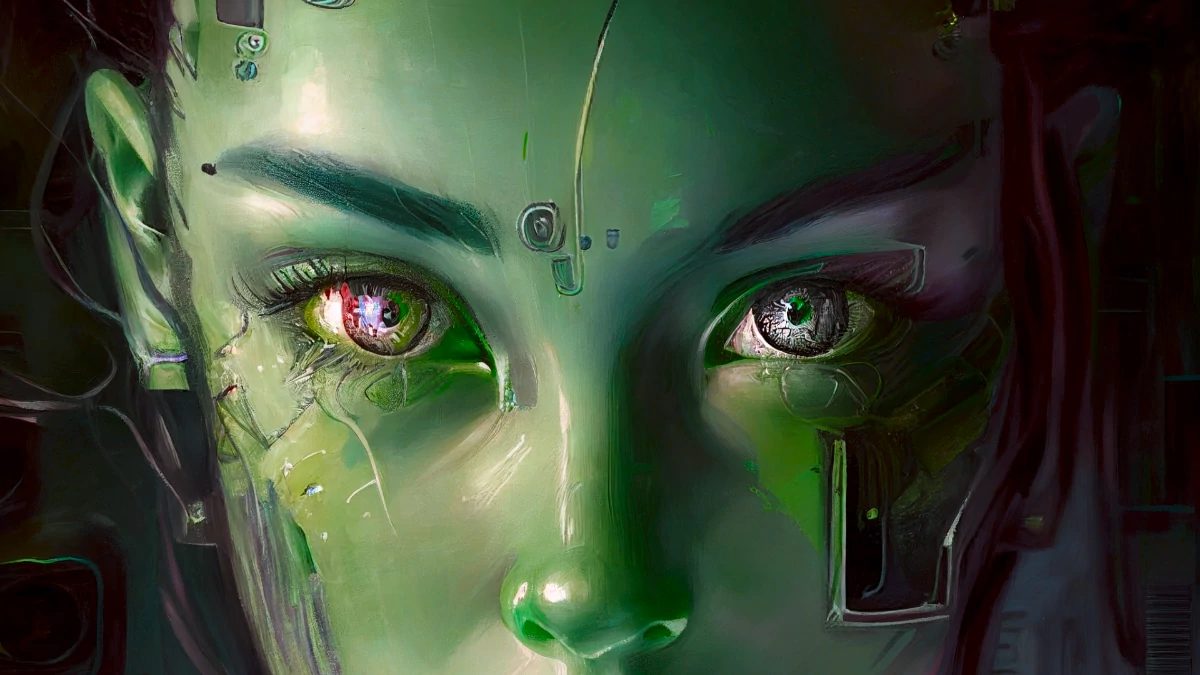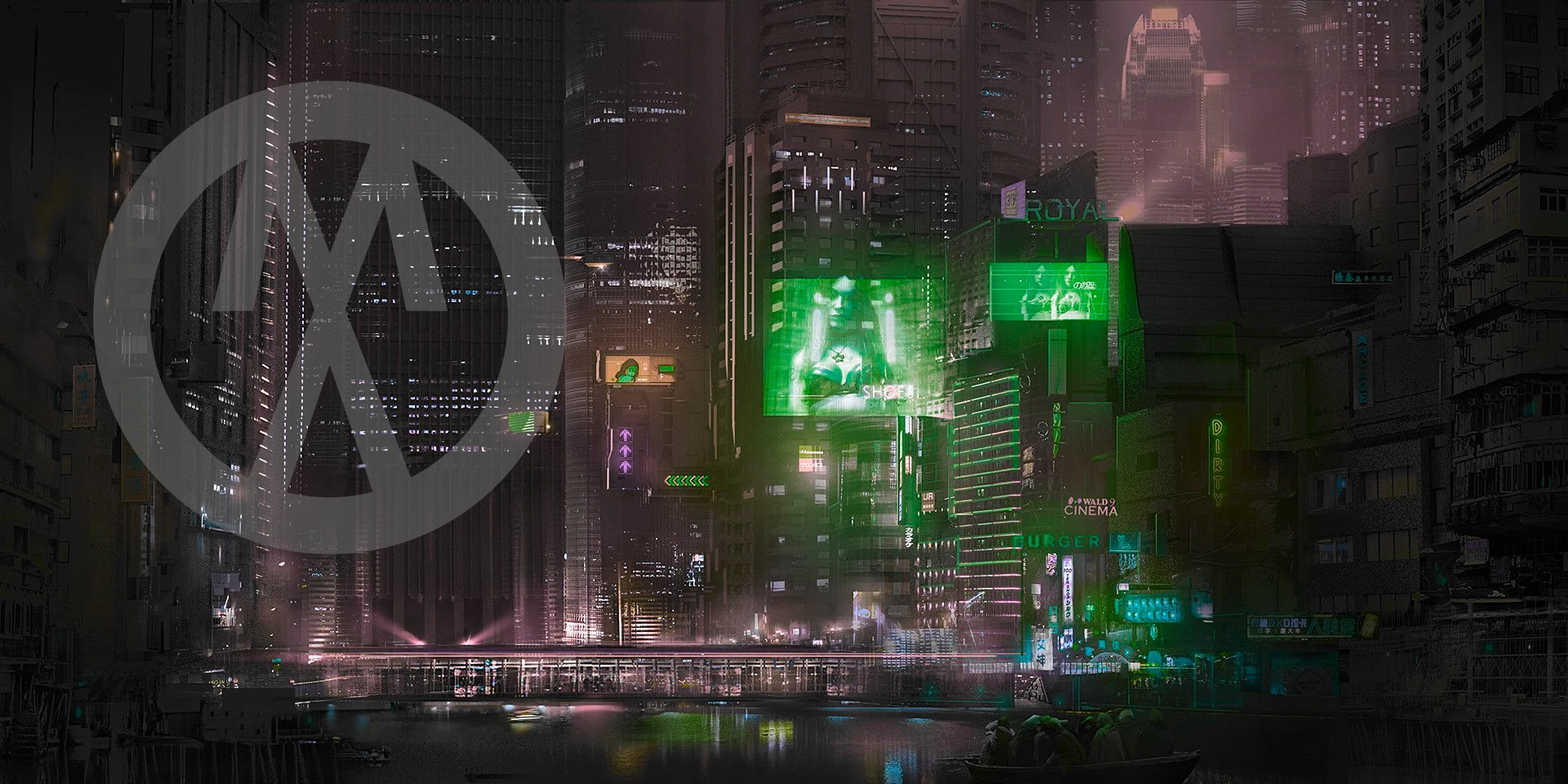In the ever-evolving landscape of technology, Artificial Intelligence (AI) has emerged as a game-changing force, reshaping the world as we know it. It's a silent revolution, subtly transforming our lives, our work, and even our thinking. The impact is so profound that we often overlook the changes, but make no mistake, the AI revolution is here, and it's accelerating at an unprecedented pace.
One of the most significant impacts of AI is its ability to automate and expedite tasks that once took hours to complete. From data analysis to customer service, AI algorithms can perform these tasks within minutes, if not seconds. This efficiency is not just about speed; it's about freeing up human time and resources, allowing us to focus on more complex and creative tasks.
Take, for example, asset management companies. A year ago, managing assets was a time-consuming process, requiring meticulous attention to detail and extensive manual labor. Today, thanks to AI, we can automate much of this process, making us faster and more efficient than ever before.
AI doesn't just make us faster; it makes us smarter. It can analyze vast amounts of data, identify patterns, and make predictions with a level of accuracy that far surpasses human capabilities. This ability to harness and interpret data is transforming industries, from finance to healthcare, and giving those who utilize it a significant advantage.

This advantage is not just for businesses; it's for individuals too. The current generation, often referred to as digital natives, are growing up in a world where AI is the norm. They are comfortable with technology, understand its potential, and are not afraid to use it. This comfort and familiarity with AI give them a significant advantage over those who are reluctant or unable to embrace it.
However, it's important to remember that AI is a tool, and like any tool, its impact depends on how we use it. If used responsibly and ethically, AI has the potential to solve some of the world's most pressing problems, from climate change to poverty. But if misused, it could exacerbate existing inequalities and create new ones.
As we stand on the brink of this new era, it's crucial that we approach AI with a sense of responsibility and foresight. We must ensure that the benefits of AI are shared equitably, and that we use this powerful tool to create a better, more inclusive world.
In conclusion
AI is not just reshaping the world; it's accelerating our progress towards a future where technology and humanity coexist in harmony. It's an exciting time to be alive, and we at theDaoma are thrilled to be part of this journey. We look forward to embracing the opportunities that AI presents, and to sharing this journey with you.



